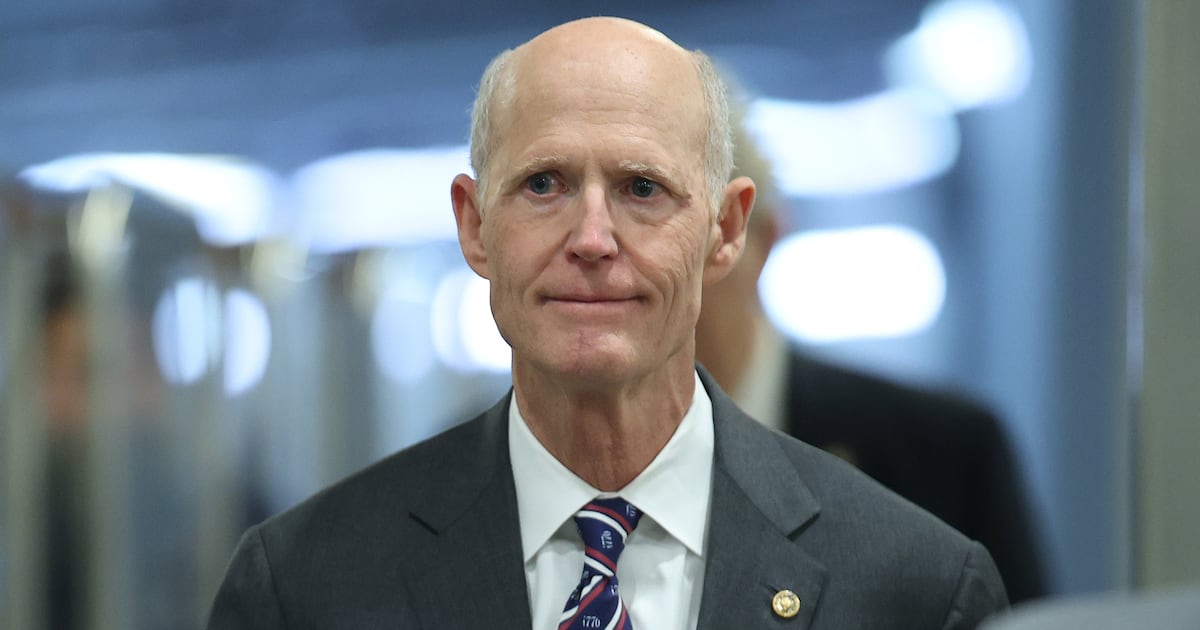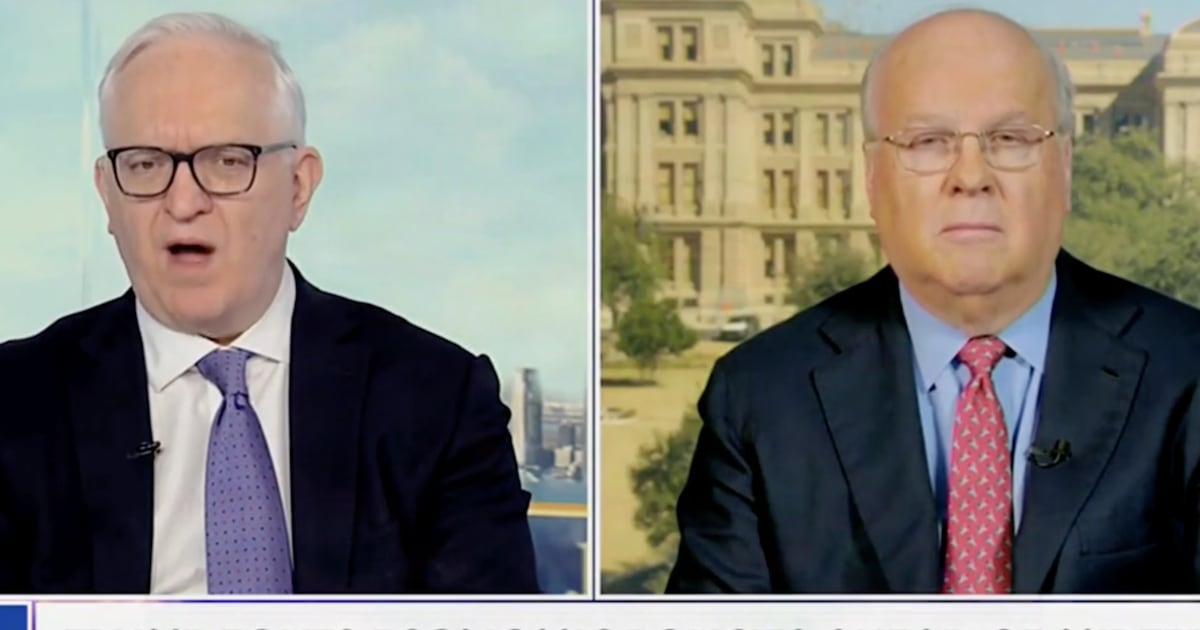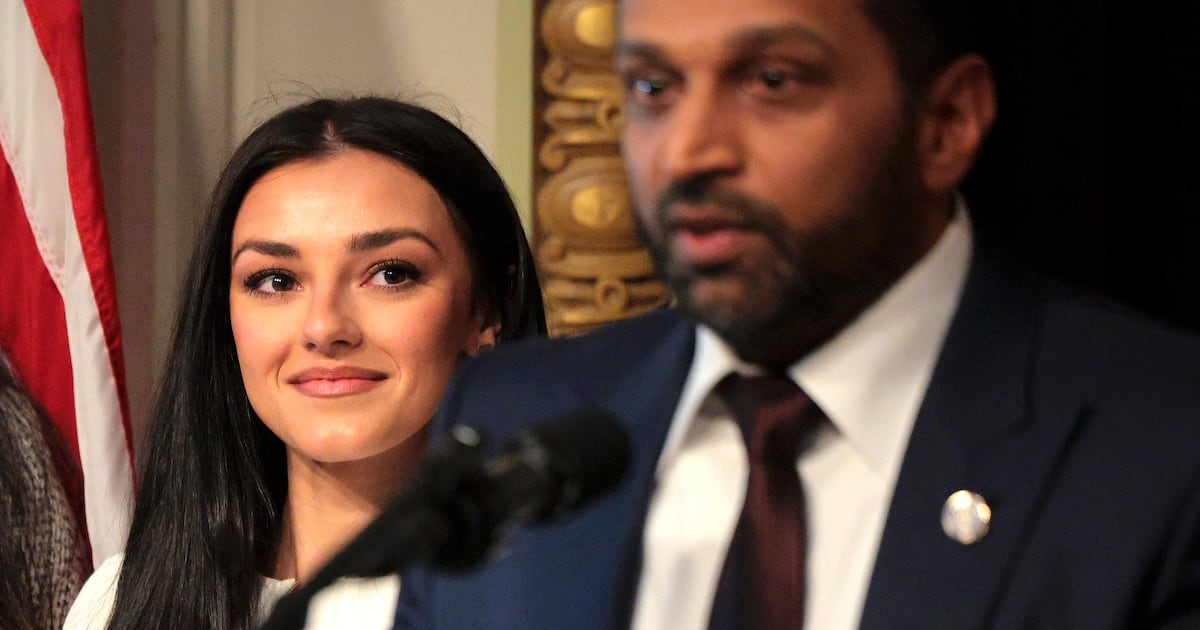The people behind Advanced Placement (AP) tests would like to make one thing very clear: they are not secretly posing as a teenage Redditor named “Dinosauce313” in a plot to catch kids cheating on their exams. The high-pressure tests, which help decide who gets into America’s elite colleges, are not being used for entrapment-style stings.
But as the APs—like every other aspect of schooling—move online amid COVID-19 lockdown, all hell is breaking loose. The COVID-era exams have seen conspiracy theories running rampant, forums filling with porn, tests glitching, and students demanding their fees back. The chaos is turning some students to anti-capitalist mutiny against the biggest name in high-school testing.
College Board, a standardized testing company, has a near-lock on the market for college admissions tests. The company administers the SATs and the AP exams, both of which typically require students to exert themselves in a supervised environment for hours. But pandemic school closures forced the company to improvise by shortening the tests and moving them online.
The first COVID-19-era tests were scheduled for this week and last, and quarantined students met the announcement with mixed reactions from the start.
“On the one hand, the abridged version is certainly a bit relieving, especially as stress has increased tenfold in recent weeks,” Kansas high school junior Conner Hunter told The Daily Beast. “But on the other hand, it feels an insult to the work that we’ve all been putting in this year. Most of the content we’ve studied hard to learn won’t be represented on the exam. Not to mention, the shorter format is much less forgiving to mistakes, as a single incorrect portion of an answer could make the difference between a passing and failing grade.”
College Board said students overwhelmingly wanted to take the APs.
“Before we made the decision to move ahead with this year’s AP Exams, we surveyed 18,000 AP students to see if they still wanted the opportunity to test this year,” a spokesperson said. “Their answer: a resounding yes.”
As the exam dates neared, another complication emerged: with students taking the tests online, what was to stop them from sharing answers with one another? College Board issued a stern warning against cheating, vowing the company would be vigilant for any whiff of suspicious behavior.
“We will be monitoring social media and discussion sites to detect and disrupt cheating,” College Board wrote in guidelines it sent to test-takers. “We may post content designed to confuse and deter those who attempt to cheat.”
The mistrust went both ways. Already aggrieved at the new test format, a nation of home-bound students began circulating rumors that College Board’s anti-cheating strategy involved posing as students on social media. Some students explicitly accused the Board of entrapment.
At the heart of the conspiracy theory was the Reddit user named Dinosauce313, who in mid-May created a subreddit encouraging students to pool their resources on exams. “Do not give up on the system,” Dinosauce313 posted repeatedly, “the only thing keeping us from success is a little anonymous cooperation.”
Students smelled a rat. Dinosauce313’s forum soon filled with students accusing the user of being a College Board employee, as New York magazine reported. On Twitter, students made similar accusations against the user @wishxart, a newer account that encouraged test-takers to share notes.
Neither account is run by College Board, the company told The Daily Beast. “The College Board is not setting up accounts and starting discussion or social media threads encouraging students to cheat, such as the ‘dinosauce313’ account or r/APTests2020,” a representative said.
The @wishxart account, which was deleted shortly after students accused it of being a fake, actually belonged to a British student named Reece and was used to post a spam message, a teenager who described herself as the student’s girlfriend told The Daily Beast.
“Someone hacked his Twitter account,” the teen said via Instagram message. “It wasn’t him. We don’t even have AP exams or College Board in England (where we are both from.)”
Dinosauce313, however, was not exactly focused on debunking the rumors. The user made an Instagram account to bask in their new fame, and wrote ambiguous replies to people who accused them of cavorting with the test-taking authorities.
“The specificities of my employment are irrelevant,” Dinosauce313—who, to be clear, is not a College Board employee, but does seem to be having fun with the whole thing—told The Daily Beast. The Reddit group was created “with the explicit intent of offering a platform to students, not influencing their behavior in any way,” they added.
Some students didn’t even get a chance to ace the APs by cheating: When the tests began last week, students across the country reported a glitch that nullified their exams when they tried to turn them in.
College Board said the glitch affected less than 1 percent of the two million-plus students who took the exams last week. (Affected students will have to retake their APs next month.) But videos of students furiously clicking a broken “submit” button, and screenshots of an error screen flooded the internet.
Angry for answers, students lashed out at two accounts they believed belonged to College Board: Wishxart and Dinosauce313.
“I had a lot of people messaging me actually,” Wishxart’s girlfriend said, because students “didn’t want to message Reece in case he was fake.”
Students filled Dinosauce313’s subreddit with grievances and porn, addressed to College Board administrators. “Everyone at CollegeBoard when they have to comb through all the porn on this subreddit,” read the caption to one video.
Another part of the College Board backlash was more explicitly ideological: students took to looking up just how much money the non-profit makes each year.
“I wasn’t the biggest fan of College Board in previous years, just because I knew that the amount of money they were charging for each test was not very inclusive for lower-income students, but this year especially made me more aware,” Mallory Mouton, a high school senior from Louisiana, told The Daily Beast. (Students in the U.S. pay $93 per test. College Board offers a $32-off discount for students who need financial assistance.)
On the video app TikTok, Mouton found students discussing College Board executives’ cushy salaries. In 2018, College Board’s CEO received more than $1.5 million from the organization, plus nearly $258,000 in other compensation, according to tax records.
“There were a few creators on TikTok who pointed out how much money the CEO and other executives in the company make per year, and then I read some articles online about it afterward,” Mouton said.
College Board insisted its spending was squarely targeted at its mission.
“For us, success is measured by the opportunities we deliver to students,” a spokesperson said. “We are governed by our member institutions, not shareholders. Our revenue is reinvested into programs that expand educational opportunities for all students. We charge fees that cover the cost of operating and expanding our programs, and we provided more than $110 million in fee waivers to students each year.”
Some students went so far as to demand a refund on their test fees.
“I think everyone has been quietly aware of how absurd College Board fees can be, especially when it’s advertised as a non-profit,” Hunter said. “But I absolutely believe this situation has given it the spotlight. We’re seeing how badly College Board is handling the online testing, and it’s making a lot of us wonder where all that money we’re paying is going.”
Hunter started an online petition, currently at 2,500 signatures, asking the AP to refund three-quarters of the test fee, to reflect the shortened test time. He’s taking his AP exams this week, and the prospect of a glitch loomed over the experience.
“Anyone whose work wasn’t accepted will have a second shot in June during the makeups [but] for a lot of people, that’s far too late,” he said. “Now they’ll have to continue studying the material for another month so they’re ready again for the second exam.”
It’s an added level of uncertainty for students who’d like nothing more than to celebrate their last day of school.
Even for students like Mouton, who finished AP exams last week without trouble, the online tests are part of a strange farewell. She finished her year by hitting “leave” on a Zoom call.
“March 13 was our last day at school, and that may have been the last time that I see a lot of my classmates,” Mouton said. “It’s a surreal experience, to say the least, and many of my classmates, myself included, can’t help but feel that it’s a bit unfair.”







